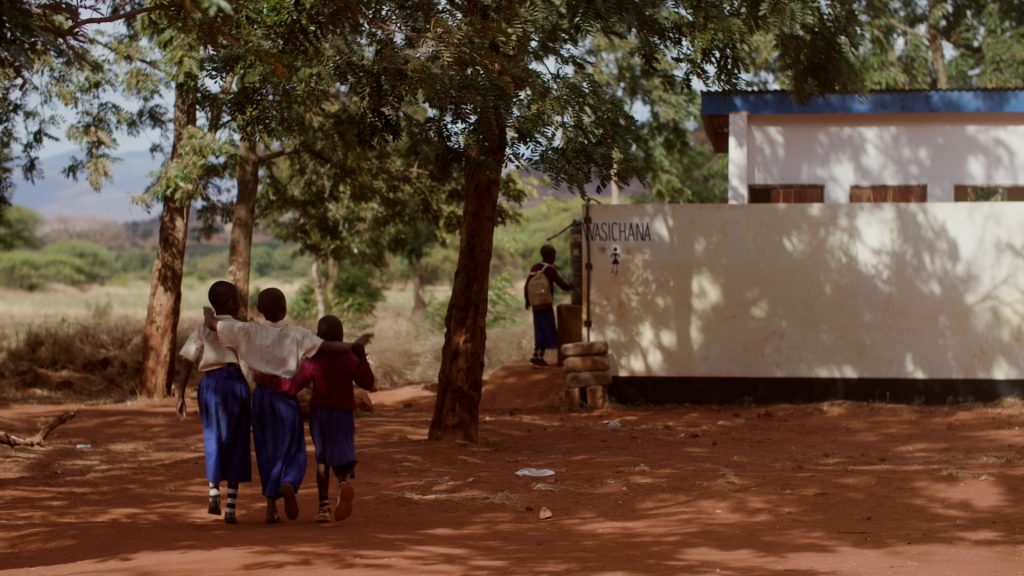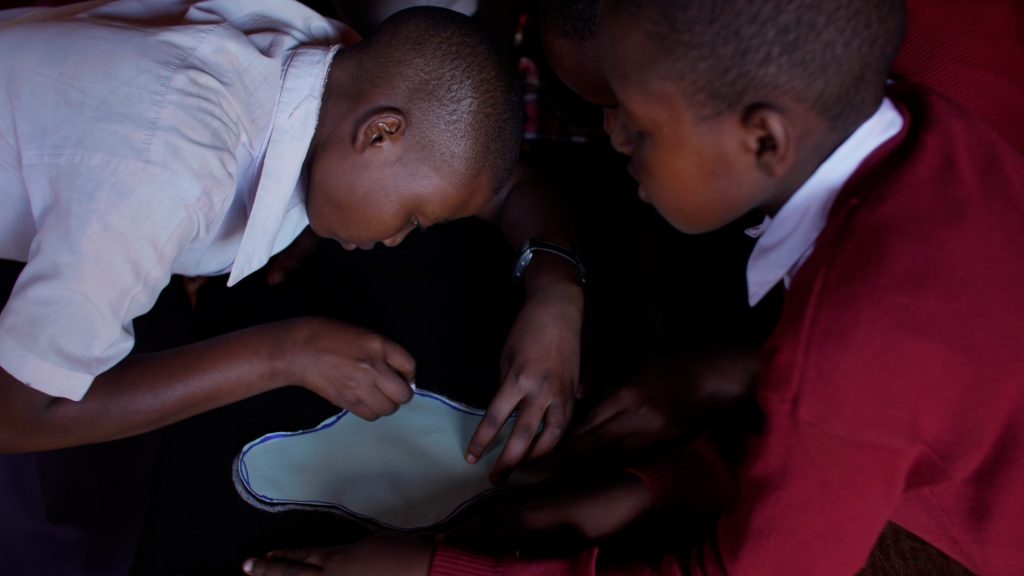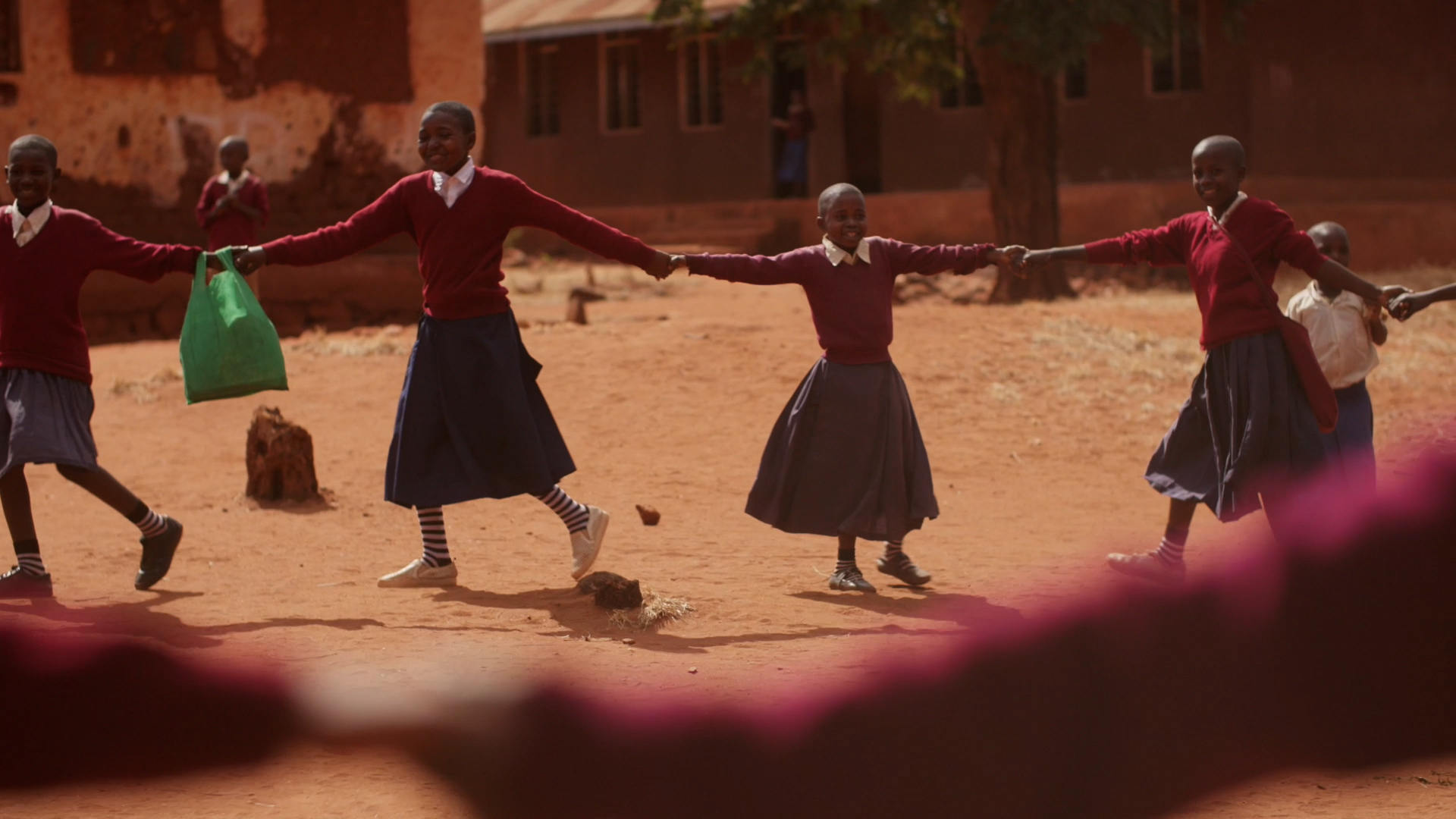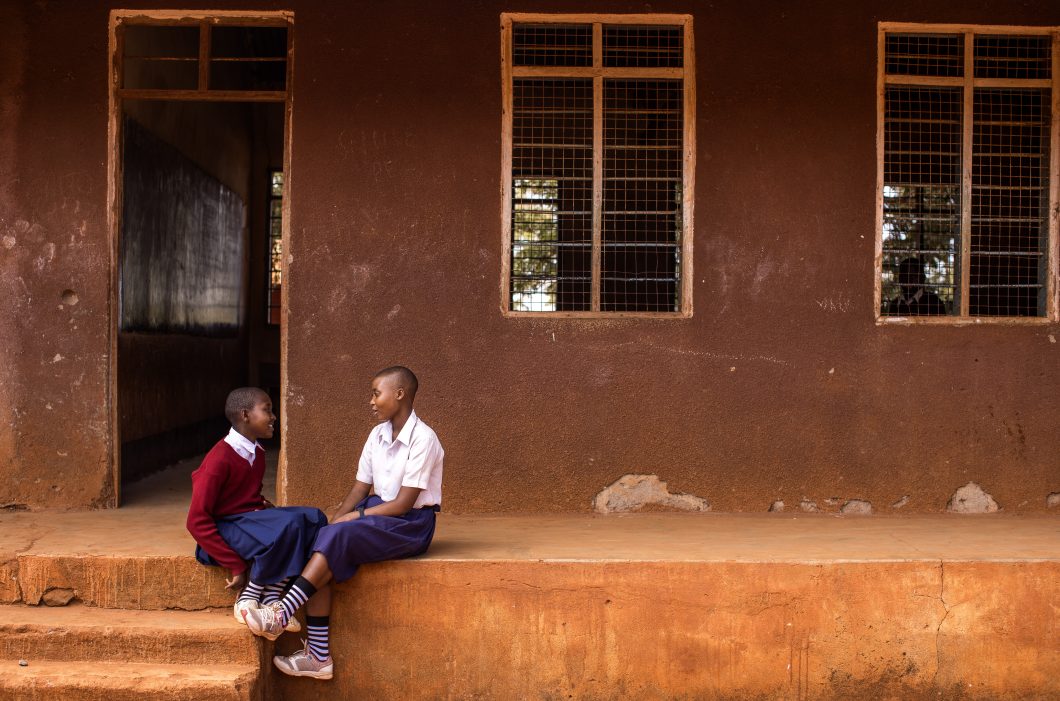Lupeta Primary School in Tanzania used to have just seven toilet holes dug into the ground for its 1,100 students. These were frequently full of waste, smelled, and lacked cleaning supplies.
The poor sanitation and hygiene facilities caused many health issues, including urinary tract infections, stomach problems, and diarrhoea. Many children were forced to frequently miss school due to illness. Students would wait in long lines or go home in the middle of the day to use the bathroom – losing even more valuable learning time in the classroom.
Lulu, a 16-year-old student at Lupeta, recalls the school didn’t have enough water, so some students never washed their hands after using the toilet.
“This made them sick and wasted class hours as they went for treatment,” she says. “We didn’t have cleaning equipment; we suffered a lot. Water scarcity was the problem. Sometimes teachers would send us to carry water and brooms from home.
“The diseases forced us to stay out of school for treatment. As a result, we missed classes, which made us fail.”
How Action Against Hunger helped
But now, Action Against Hunger, has built 20 new toilets at the school – 12 for girls and 8 for boys. We’ve also trained teachers and students – both girls and boys – on menstruation and menstrual hygiene practices.
“The toilets are no longer smelling bad, and we have cleaning equipment. We clean them and make sure no one leaves the toilets dirty,” says Suzana, 9, who used to go home when she needed to use the bathroom. Now, she and her friends use the school toilets.
“Action Against Hunger has rescued us, We use the new toilets without issue. No more cases of urinary tract infection, stomach problems, or diarrhoea. We no longer suffer.”
The situation at Lupeta School isn’t unique. Across Tanzania, just 38% of schools have enough toilets for their students and only 20% percent of schools have clean water.
As well as the higher rates of illness, poor sanitation and hygiene also has an impact on:
- children’s participation and performance in school
- enrollment rates
- absenteeism and dropout rates.
These issues are particularly common among adolescent girls and children with disabilities.

Why clean toilets are so important
Suzana loves studying science and dreams of being a doctor when she grows up. Seeing the difference that the new toilets have made for herself and her studies, she now urges other students at other schools across her country to campaign for better quality facilities.
“With Action Against Hunger, we got quality toilets and a special changing room for girls when menstruating,” says Beatrice, headteacher at the school.
Many girls – both in Tanzania and around the world – have no choice but to skip school while they have their periods. This means they could miss as much as a week of school every month. Improved access to feminine hygiene supplies and clean, safe toilet facilities can help prevent this. It’s also important to reduce common cultural stigmas and feelings of worry or shame around menstruation.
We’ve taught students and teachers how to make reusable sanitary pads with locally available materials. The training helped to break the silence around menstruation. Now, teachers, parents, and students are more comfortable discussing these issues openly.

“Boys are now part and parcel of menstruation talk,” says Beatrice. “They can now help their sisters at home and even at school…it will be easier for the boys to support their wives and daughters in the future.”
In total, we’ve distributed 750 boxes of emergency sanitary pads to seven schools and provided 1,012 adolescent girls with sanitary pad kits to support safe menstrual hygiene. Our teams have also trained 30 teachers and several students across five villages in healthy water, sanitation, and hygiene (WASH) practices and formed seven school WASH clubs with WASH ambassadors to promote open discussions of these issues.
In Tanzania and around the world, we’re increasing access to water, sanitation, and hygiene in schools, health centres, and homes. Diseases linked to poor sanitation and hygiene can prevent children from absorbing key nutrients and make them more vulnerable to malnutrition. With clean water, safe sanitation, and good hygiene, communities are healthier and less likely to experience malnutrition.



